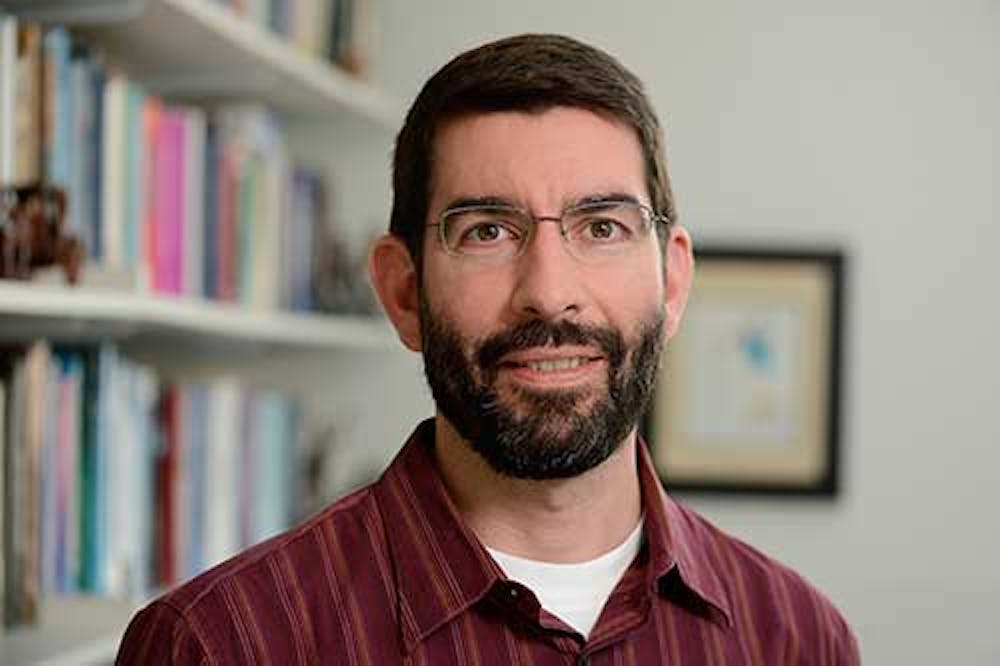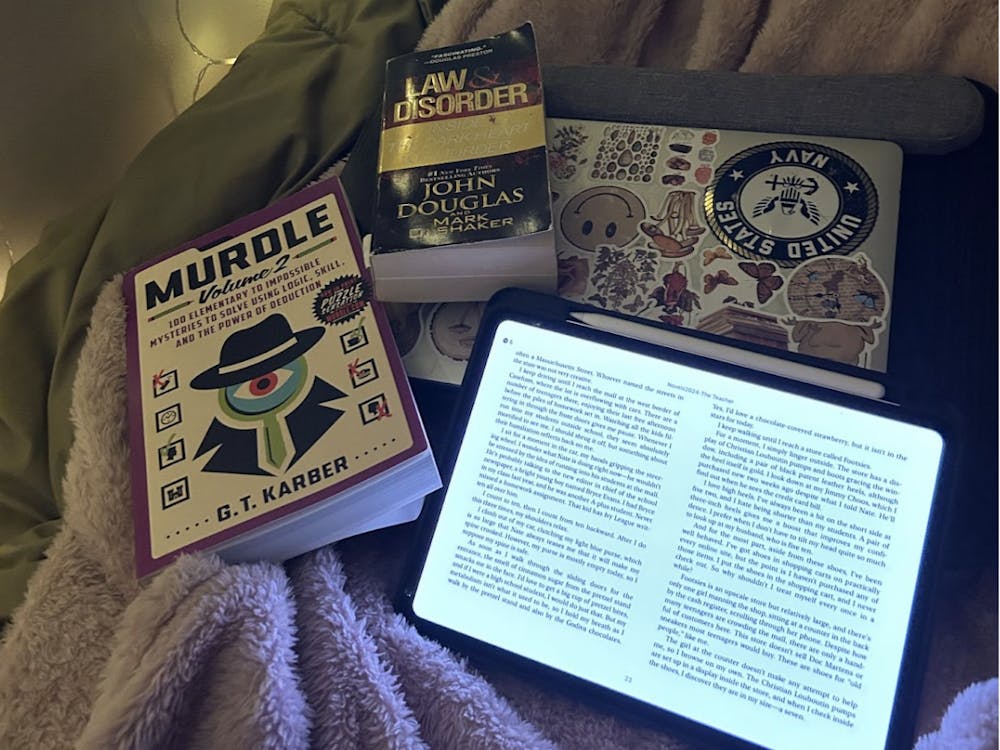J.D. Tovar is a professor at the Department of Chemistry, leading a research group focused on the synthesis and investigation of organic materials with extended pi-electron conjugation. In an interview with The News-Letter, Tovar discussed his fascination with the colors and applications of pi-electron systems, as well as how he balances the demands of teaching and research.
The News-Letter: You’ve been with the JHU faculty since 2005 and lead a research group focused on organic materials with extended pi-electron conjugation. What initially drew you to this specific area of research?
J.D. Tovar: It started during [my] undergraduate chemistry studies, where I [began] thinking about colors associated with materials and molecules broadly defined in the context of pi-electron systems. Unlike a typical organic molecule, which are often colorless, systems that are rich in pi electrons usually have very intense and vibrant colors; sometimes, you can calculate those colors. What wavelength should it absorb? What color should it appear?
This [interest] took place over the course of several years. In my first research experience in chemistry as an undergraduate student, I had a chance to work in a lab that developed new types of pi-electron materials for new electronic applications. There was the color that brought me there, and then it was the applications and the prospects for utility that kept me there.
N-L: Balancing research with teaching responsibilities can be challenging. How do you prioritize both, and how has your teaching style evolved over the years?
JT: A lot of people talk about work-life balance, thinking they can magically turn off one thing at a certain time and not focus on it. I don't really believe in that. I do what I can when I can. I also have to acknowledge that at times I'll be a bad teacher, I'll be a bad research mentor, I'll be a bad parent, a bad husband, or a bad friend — it's hard to prioritize these challenges.
When you add in work and life and family and friends and everything else, we’re trying to juggle and prioritize all these things. It comes in spurts. There will be times when I'll focus on teaching activities, and then at the same time, I'll be juggling research. One never really ends and the other never really starts. They all are kind of blurred together, and I keep multiple plates spinning as much as possible.
N-L: How has your teaching style changed over the years?
JT: I'd say it's evolved. Now, I focus a lot on putting concepts in a broader context — for example, a historical context [or] an application-based context. When teaching Introductory Organic Chemistry, I spend a lot of time talking about the people involved with the research, maybe showing some biographical aspects, [and] talking about how what we learn in class is directly applicable to current events or modern, active research. The textbook organic chemistry hasn't changed for probably 80 years in terms of what's being taught, but there are very vibrant areas of research that are directly linked to those fundamental concepts.
N-L: What is your philosophy when teaching?
JT: I recognize that people in my [Organic Chemistry] classes — most of them, probably 90% of them, have no desire to be there. They will probably not need to use that specific knowledge of organic chemistry ever again once they leave that classroom. Will they need to know the rotational barrier of ethane? Will they need to know which proton is more acidic? Only a few people really need to know those facts. What I try and focus on more is not just relaying those facts, but developing the thought process of being able to make an argument based on observations. The ability to look at facts and logically construct an argument to defend your answer is applicable in careers like medicine or law.
N-L: What achievements have impacted you the most, both in research and in teaching?
JT: I'd say the achievement that is the most impactful is training students that now lead research efforts. One thing that I'm particularly excited about is that our approach to research is very fundamental [and] often driven by curiosity. We try to make new types of molecules that haven't been prepared before with new types of conjugation properties or, as we say, “residents” in the context of my organic chemistry class. And from that, there's often an expectation by many others around the world that practice in this area, that there be some application, that there be some device created at the end of that process that shows the power of your material.
Something I think is the most impactful for what we do is that we're not focused on making certain types of molecules for certain types of applications, but think more broadly about new materials that may not have an application yet. Once we understand their properties, we could then start to think about new ways to utilize those types of molecules.
N-L: If you were an organic molecule, what kind of molecule would you be?
JT: Benzene because it's the prototypical aromatic. I've devoted my life's work to thinking about the unusual localization of pi electrons or Planar Tetra Coordinate carbon; it shouldn't exist, but people are trying to make it.





